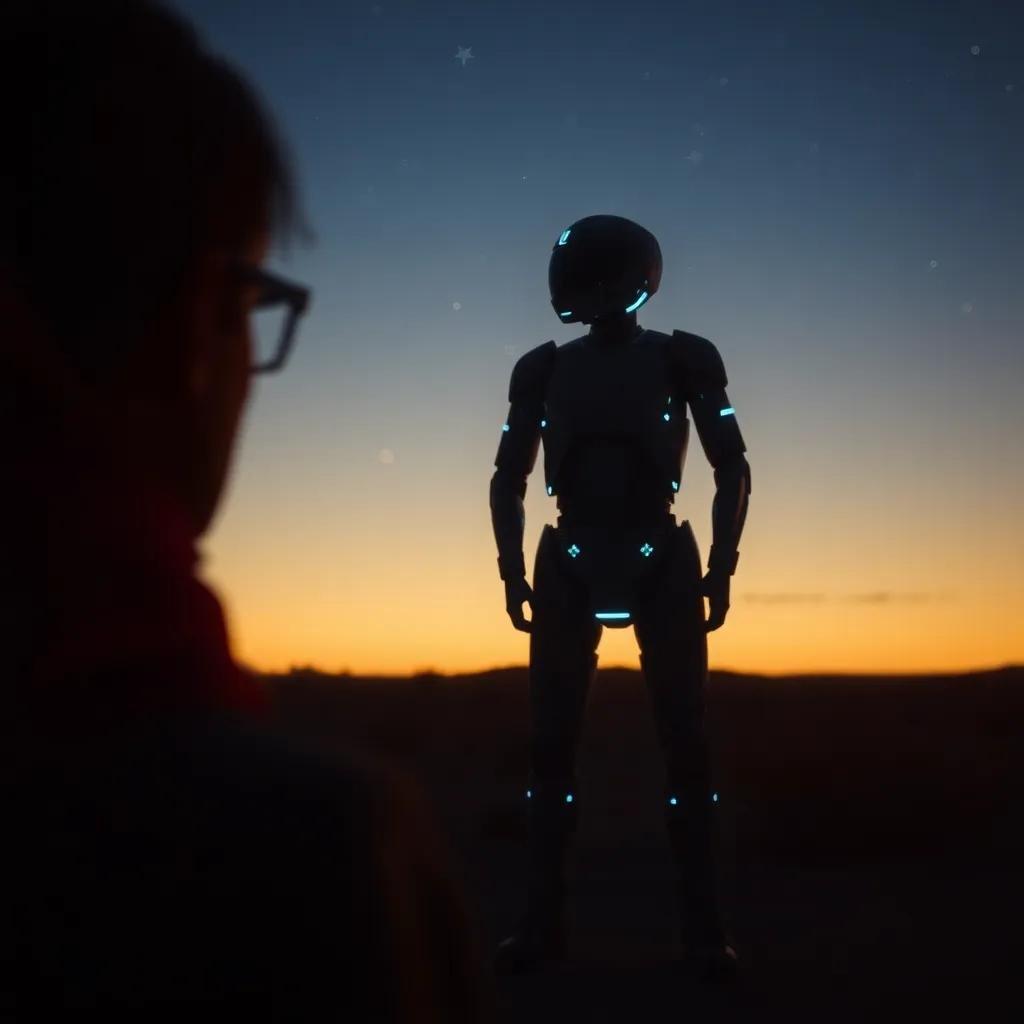Table of Contents
Cosmic Game Changer

What if artificial intelligence could navigate the galaxies faster than any human could dream? The fusion of AI and space exploration is not just science fiction; it’s happening now. This intersection matters as advances in AI can enhance our capabilities, efficiency, and understanding of the universe like never before. In this article, we’ll unveil how AI is revolutionizing data analysis, enabling autonomous spacecraft, and unlocking new realms for human colonization.
Revolutionizing Data Analysis
The vastness of space brings forth mountains of data from telescopes, satellites, and probes. The conventional methods of sifting through this facts are time-consuming and prone to errors. Enter AI-a game changer in data processing.
- Speed: AI algorithms analyze vast datasets in seconds,pinpointing anomalies and insights humans could overlook.
- Precision: Enhanced algorithms reduce errors, increasing the reliability of data interpretations.
- Predictive Capabilities: AI can forecast space weather patterns, enabling better preparation for journeys beyond Earth’s atmosphere.
Imagine sifting through millions of images of distant planets. AI does this in a blink,identifying potential landing sites for future missions faster than any human team.As we shift toward a future filled with discoveries, AI’s role in data analysis stands out as a cornerstone of modern exploration.
Autonomous Spacecraft: The Future is Here
AI’s ability to operate autonomously is revolutionizing spacecraft missions. With the harsh realities of space travel, human intervention can be limited. Autonomous systems led the charge into the final frontier, managing navigation and emergency responses on their own.
- Self-Navigating Technology: AI can operate spacecraft without real-time mission control input, essential for deep space missions beyond our communication capabilities.
- Safety Enhancements: By predicting mechanical issues and diagnosing problems, AI minimizes risks during missions.
- Resource Management: AI optimizes fuel usage, ensuring spacecraft can travel further and explore more effectively.
An excellent example is NASA’s Mars Perseverance Rover. Equipped with AI, it successfully analyzes its surroundings, making real-time decisions while exploring the Martian surface. As we continue to adapt and improve these autonomous systems, we unlock the potential for manned missions farther than we ever thought possible.
Pioneering Human Colonization
AI is not just about exploration; it’s pivotal in establishing a human presence beyond Earth. Colonizing other planets requires sustainable living strategies, where AI can play an essential role.
- Life Support Systems: AI optimizes oxygen production and waste recycling, ensuring sustainable habitats.
- Construction Robots: Using AI, robots can build infrastructure on other planets, enabling living conditions similar to Earth.
- Terraforming Assistance: AI helps simulate climate changes, predicting the outcomes of atmospheric adjustments.
The dream of living on Mars or the Moon may soon become a reality, with AI paving the way for sustainable human habitats. As we transition from mere exploration to colonization, AI equips us with tools necessary for safe and lasting human survival on other celestial bodies.
AI Pioneering the Stars

artificial intelligence is reshaping the landscape of space exploration in profound ways-from analyzing massive datasets to guiding autonomous missions and paving pathways for human colonization. The most important takeaway? AI is not only an enhancement; it’s a necessity for future space exploration. Consider the implications of these technological advancements: How will they redefine our place in the universe?



